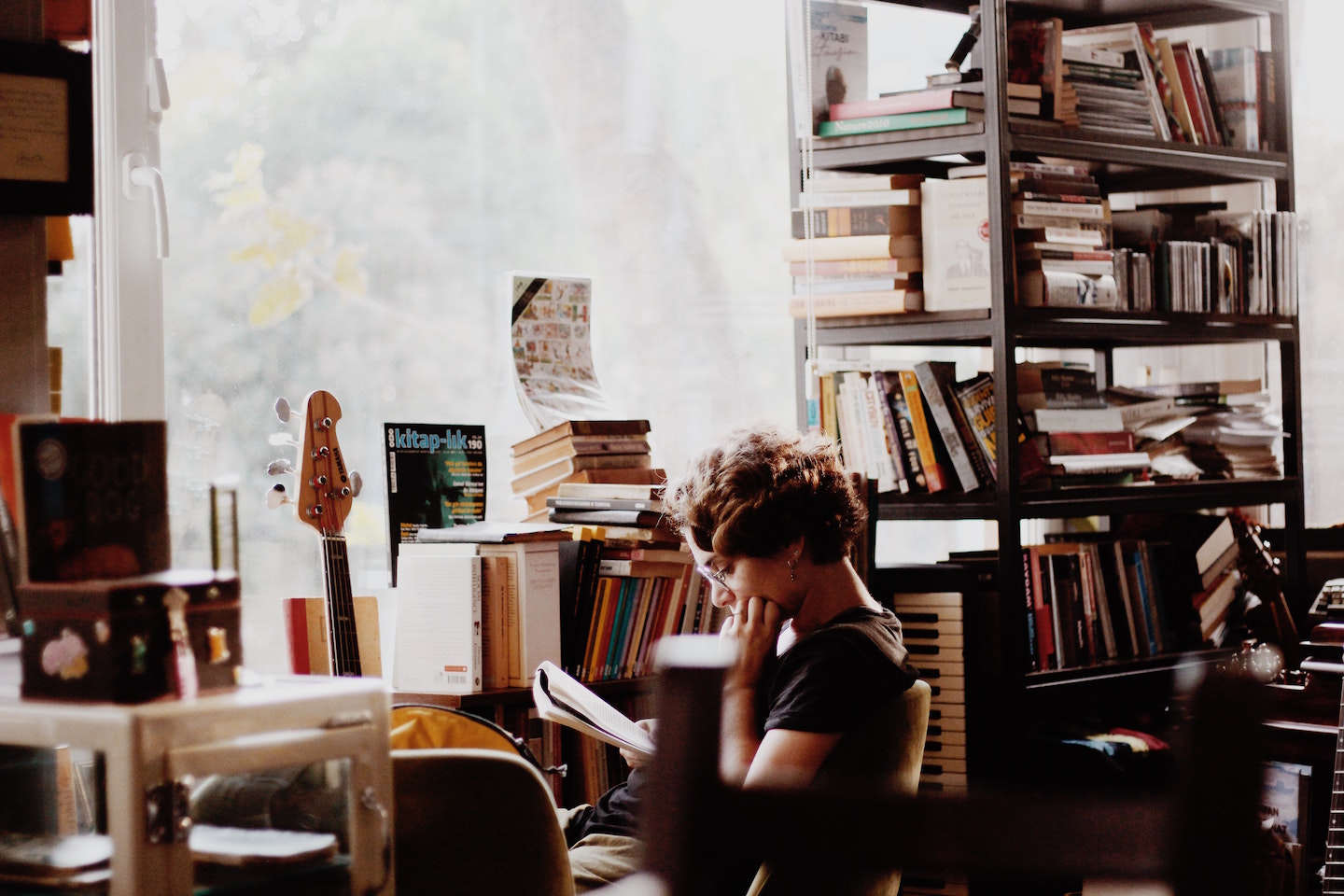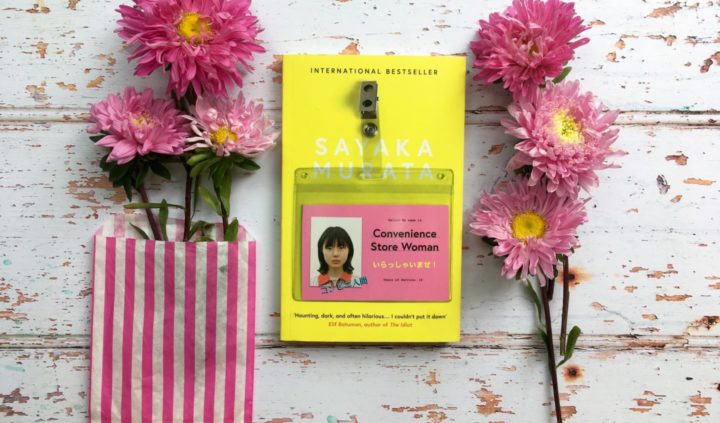Literature is something I have always loved. By the time I reached university, I could quote Fitzgerald lines about mysterious green light or the elusive American Dream but the only women in my favourite books were objects of desire or disdain.
I was a strident feminist, posters on my wall, proud attendee of Slut Walk and yet, my reading didn’t match. I was stuck reading books I was told were ‘classics’ or ‘essential reading’ without realising none of them contained any women like me.

During an English Literature class in my third year of university, I was assigned a random week to lead discussion. This so happened to be the only week of the course that featured a book written by a woman. The book, The Awakening by Kate Chopin, published in 1899, features Edna, a mother and wife caught by the patriarchal norms of the day.
I had seen Suffragette, I knew my feminist history but still, this book shocked me. There was something about the words on the page, the beautifully sad description of female distress and the oppressive cult of domesticity. I was entranced, I sat on my couch and sobbed. When I was done, I opened up my laptop and began to search.
I found Virginia Woolf, Toni Morrison, Edith Wharton, Alice Walker, Maya Angelou and Sylvia Plath. I fell in love with these women. My reading changed, my perception changed. I was left ashamed I had passed these women by and how little I, my friends and my family were reading women, people of colour or really anything diverse.
I started my own personal quota system, attempting to offset the damage done by both myself and society. I searched for books by people of colour, debuts, translated fiction but mostly, I searched for women.
The hard fact is most forms of media are dominated by men. An American study by the Women’s Media Centre shows that in 2019, 60 percent of online and print news is written by men. In fact, publishing is the one industry of the media where women dominate, and yet I still wasn’t readily finding books by women. This can easily be pinned down to the books that are reviewed and commended. The Guardian reports that “two-thirds of published authors in Australia are women, [but] two-thirds of the books being reviewed are by men — a ratio that has remained largely the same for 30 years.”
Having begun this process of unlearning, I constantly wanted to show my friends, my family, my housemates — anyone — my new finds. I would call them with long winded reviews of books they hadn’t read or even heard of. I began sending books to friends in different states or even countries with scribbled reviews from the post office, my own little quality assurance.
I once arrived at my friend’s house in Canberra having listened to an audiobook the entire seven-hour drive from Melbourne. Read by the author Dolly Alderton, Everything I Know About Love had made such an impression on me that by the second glass of wine, my friend had to ask me to stop talking about it. She suggested I start a blog, an Instagram account or something to release all this energy and information.
At the time, I had been feeling down about the state of politics, general misogyny in the news, and feeling at a loss as to what I could do about it. Unconsciously, my friend had handed me the tools to fight back, in my own way.
Soon after, I started an instagram page (@what.rosie.reads) to begin chronicling my feminist reading journey.
View this post on Instagram
I had friends and strangers alike messaging me asking for recommendations or telling me they were reading a book they saw on my account. These were people who wanted to read feminist novels, hungry for all the stories the mainstream media had forgotten. My account is one of many on social media but it’s all part of a growing community of avid readers sharing suggestions and recommendations, daily flooding Instagram with tags like #readmorewomen or #decoloniseyourbookshelf.
View this post on Instagram
To me, feminist literature is not a genre or even one particular theme. It’s about embracing the multiplicity of female experiences and intersectional identities, it’s about seeing ourselves and those not often seen represented in the pages of a book.
My reading is not perfect, I am still finding gaps all over place. At the moment it’s Australian fiction so I’ve made a goal for 2020 to search out new Australian, especially Indigenous voices, maybe trying to tackle the Stella Prize long-list. As long as I’m always attempting to do better, read better, I know I’m succeeding. Before a friend of mine called my account ‘feminist activism’, I never thought of it that way. But there it was, my very own protest against the patriarchal media that refuses to champion diverse writers or see the power of books that reflect and affirm a young woman’s journey
There are many different ways to fight the bias, for me, it was books.
Follow @what.rosie.reads on Instagram
 Rosie is studying a Masters of Social Policy at the University of Melbourne and volunteers at the Victorian Women’s Trust. She is interested in finding effective policy solutions for gender inequalities. Her loves include second hand bookstores, true crime podcasts and her growing cactus collection. One day she wishes to change the world through progressive policy, that or find the perfect veggie burger.
Rosie is studying a Masters of Social Policy at the University of Melbourne and volunteers at the Victorian Women’s Trust. She is interested in finding effective policy solutions for gender inequalities. Her loves include second hand bookstores, true crime podcasts and her growing cactus collection. One day she wishes to change the world through progressive policy, that or find the perfect veggie burger.

